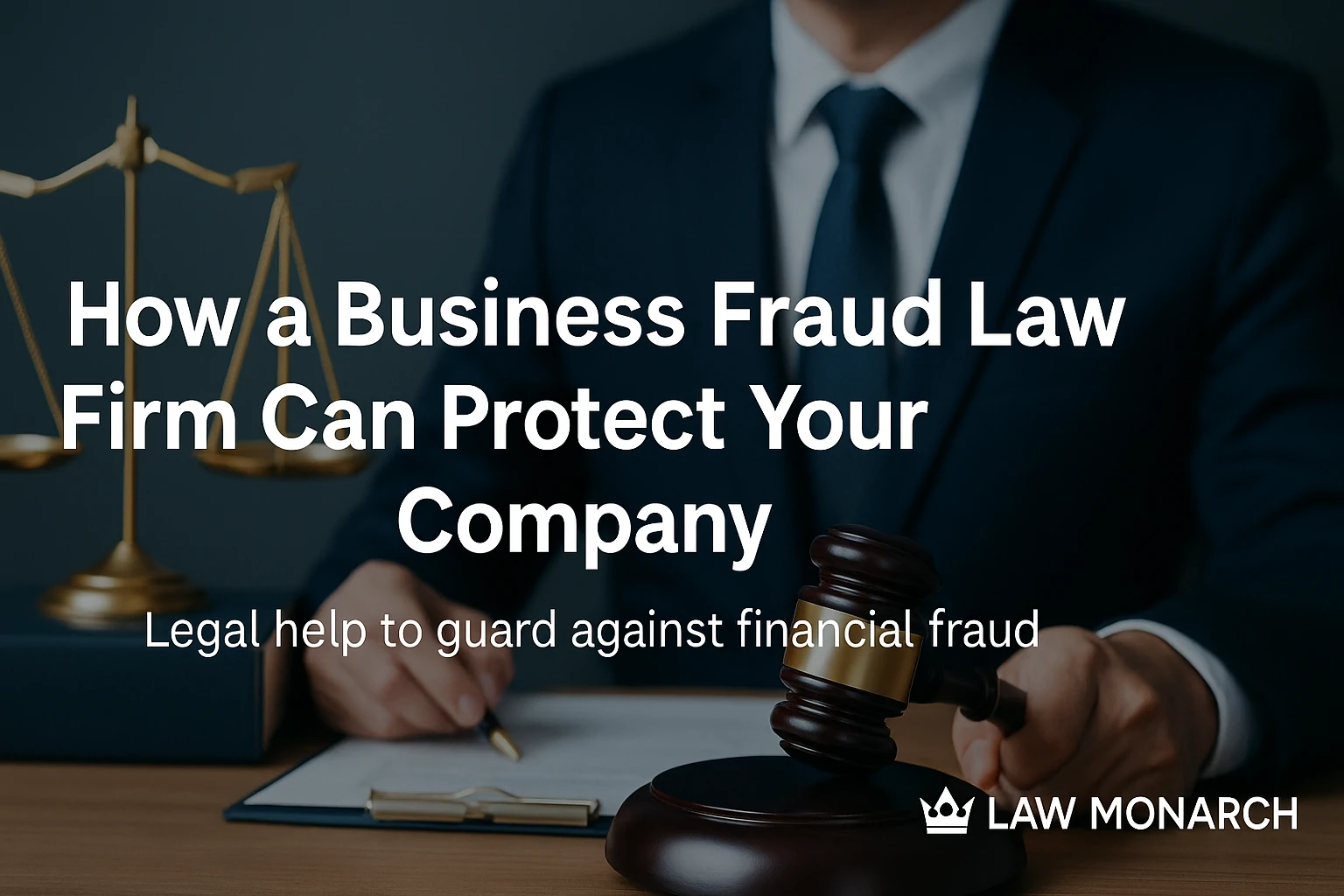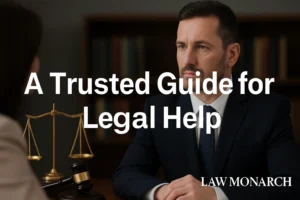What Is Business Fraud?
Business fraud is the act of lying, hiding facts, or deceiving others for financial gain. It takes many forms and affects businesses of every size. Fraud may involve contracts, sales, loans, or investments. The target might be a company, a client, or even the public.
One of the most common forms is contract fraud, where one side promises terms it never plans to honor. Other cases include false financial records that mislead investors or credit card fraud that drains accounts. Trade secret theft also falls under fraud, as it gives unfair advantage by stealing private business knowledge.
Fraud can be small and hidden or large and complex. Some cases involve a single false claim, while others operate as organized scams. No matter the form, fraud breaks trust and causes real harm. Courts treat it as a serious offense because it damages both individual companies and the market as a whole.
Why Business Fraud Matters
Fraud does more than take money. It attacks the foundation of fair business. A company caught in fraud, even as a victim, may lose credibility. Partners may walk away, clients may leave, and investors may refuse to commit. The impact can spread beyond the company to suppliers, workers, and entire markets.
Media attention makes the damage worse. News about fraud spreads fast, and recovery from public mistrust is slow. A company may pay back money, but its name may never fully recover. Some never rebuild their position, even if they were not at fault.
Fraud is a crime. It can lead to civil lawsuits and criminal charges. Courts may order repayment, give fines, or send someone to prison. The law treats fraud as more than unfair conduct. It sees it as a danger to the public and the business world. A business fraud law firm helps handle these risks. It takes legal action against fraud and defends clients facing false claims.
What a Business Fraud Law Firm Does
A business fraud law firm guides clients through the legal system when fraud is suspected. Its role is both offensive and defensive. On one side, the lawyers pursue fraud claims to recover lost money and protect the company’s future. On the other, they defend clients wrongly accused of fraud.
When a company is a victim, lawyers investigate records, track money, and uncover hidden facts. They bring claims against the person or group responsible. They may file lawsuits to recover losses or negotiate settlements that cover damages. The firm’s goal is to protect the company’s finances and restore trust.
When a company is accused, the lawyers act fast to protect its reputation. Not every failed deal or accounting error is fraud. A law firm builds a defense that explains the facts and proves the difference between error and crime. This defense can prevent harsh penalties, reduce charges, or even clear the company’s name completely.
Some fraud cases affect not only money but also public image. The Lola Tampons lawsuit shows how trust issues can trigger legal battles and force brands to explain their actions.
How Fraud Cases Are Handled
Once evidence is clear, the lawyers build a strategy. Some cases are best resolved in court. Others may need settlement to avoid years of costly litigation. A business fraud law firm explains the risks and helps the client decide the best path.
Signs of Possible Fraud
Fraud is not always easy to spot. Some signs may suggest deeper problems. A sudden drop in revenue without reason may be one sign. Employees who refuse audits or hide records may raise suspicion. Altered contracts, secret payments, or investors who promise impossible returns are also warning signals.
Law firms often step in before fraud grows too large. They help companies investigate early and create compliance systems to detect problems. Prevention does not guarantee safety, but it reduces the risk and shows regulators that the company acts responsibly.
Industries Most at Risk
Fraud affects every sector, but some industries face greater exposure. Finance and banking see frequent fraud due to the flow of money and credit. Real estate and construction face risks through false appraisals or inflated invoices. Insurance companies handle fraud claims daily, from staged accidents to false records.
Healthcare faces fraud through false billing or misuse of patient data. Technology and e-commerce deal with online payment fraud and fake accounts. Even energy and natural resource companies face scams involving supply contracts and hidden costs. In every field, fraud damages both finances and reputation. This is why law firms focus on industries where risks are high and mistakes are costly.
Civil and Criminal Fraud
Business fraud can be treated as both a civil wrong and a criminal act. Civil fraud focuses on repayment. A company may sue for money lost, damages, and interest. Civil action is about restoring balance between the victim and the wrongdoer.
Criminal fraud involves the state or federal government. Prosecutors may bring charges that lead to fines, probation, or prison. Criminal fraud cases also harm reputation more deeply because they carry the weight of criminal records.
Many fraud cases involve both civil and criminal actions. A business fraud law firm must prepare to handle both sides. Defense requires careful planning to avoid statements or actions that may cause more harm.
Choosing the Right Law Firm
Not every law firm knows how to handle fraud. A business must choose with care. The right firm has strong experience in fraud and white-collar cases. It also has access to skilled investigators, financial experts, and support teams. A good record of wins or fair outcomes also matters.
Clear advice makes a big difference. Fraud cases bring stress and pressure. Clients need lawyers who speak in plain terms and explain each step. Trust builds stronger cases. A team that listens and leads with care gives the best chance of success.
Firms may provide secure client portals for case updates and document access. You can see an example in the Turnbull Law Group login system from a partner site, though access is client-only.
Preventing Fraud Before It Starts
Prevention is the best defense. A law firm can help a company build strong systems to lower risk. These may include clear rules, regular audits, and staff training. Safe financial practices and background checks also help protect the business.
Taking action early shows care and responsibility. It also builds trust with partners and regulators. Prevention takes time and resources, but it avoids bigger losses later. A business fraud law firm gives legal support and helps keep the company safe.
Why Legal Help Matters
Fraud cases are hard. They involve law, money, contracts, and criminal risk. A business cannot face them alone. Without legal help, it may lose more money, accept unfair deals, or face stronger punishment.
The right law firm brings protection and clear advice. Lawyers defend the company, challenge false claims, and work to get money back. They create a plan and help the business move forward with confidence.
Conclusion
Business fraud can hit any company. It harms small startups and large firms alike. It begins with lies and ends in lost trust. The damage can ruin a name, drain money, and block future growth.
A business fraud law firm helps stop that damage. It takes legal action against fraud. It defends honest companies from false claims. It studies the facts, builds strong cases, and works toward fair outcomes. With the right help, a business can recover and protect itself from more harm.
No company should face fraud alone. One mistake should not end everything. A skilled law firm can give the support needed to survive and grow.
Related Post: Arias Agencies Lawsuit
Business Fraud Law FAQs
Q. What does a business fraud law firm do?
A business fraud law firm investigates fraud. It takes legal action against wrongdoers and defends clients accused of fraud. It works to protect companies from money loss and legal harm.
Q. When should a business hire a fraud lawyer?
A business should call a lawyer if it sees signs of fraud. This may include false numbers, missing money, or dishonest partners. Getting help early can stop bigger problems.
Q. What are the possible penalties for fraud?
Fraud can lead to lawsuits, large fines, or prison. The result depends on the facts and whether the case is civil or criminal.
Q. Can a lawyer help prevent fraud?
A lawyer can help set up rules that lower fraud risk. This includes contract checks, staff training, and strong business systems.
Q. Are fraud laws the same in every state?
Fraud laws change from state to state. Some cases also involve federal rules. A skilled law firm knows both and protects clients at all levels.
Disclaimer:
This article is for general information only. It does not offer legal advice. Speak with a licensed attorney for help with your specific legal issue. Laws may vary by state and change over time.




